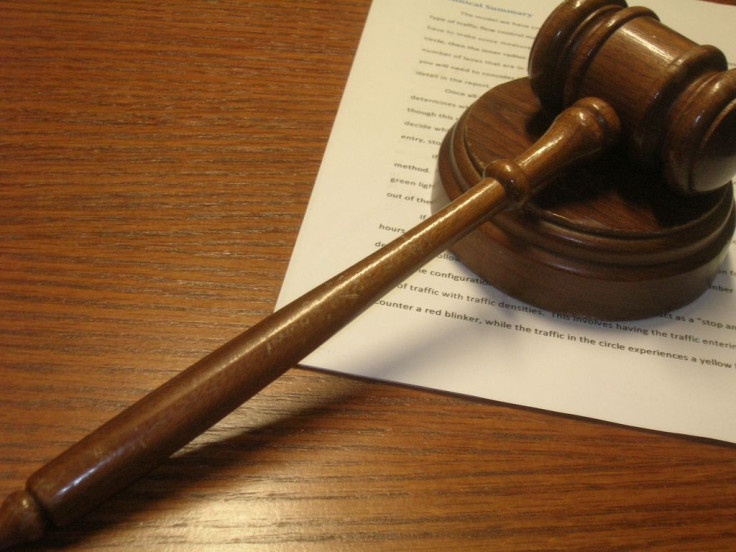Unanimous Agreement Is Improbable, And Usually A Clear Indication That Something Is Wrong: Too Good To Be True

Getting the majority of a group to agree on something is difficult, but getting the entire group to agree is pretty much impossible. This is the conclusion of a new study that suggests universal agreement is mathematically improbable and actually a pretty big indication that something has gone awry.
In a study, now published in the journal Proceedings of the Royal Society A, a team of researchers from the University of Adelaide in Australia used mathematics to prove that, if something is too good to be true, it most probably is. For their research, the team put together different hypothetical scenarios and measured the mathematical probability of unanimity for each. For example, in one scenario, the team calculated the probability that all victims would agree on the identity of a perpetrator in a police lineup .
In each scenario, results suggested that nature favors disagreement. There seemed to be a point of “too much of a good thing” in each case, where too much agreement actually weakened confidence in the results.
“If a case is unanimous, one has to then question why it is unanimous,” lead researcher Professor Derek Abbott, a physicist and electronic engineer at The University of Adelaide told Lawyers Weekly . “Is it because the case was a clear one or was it because there was some systematic bias there?”
According to the study, if a set of DNA evidence is in perfect agreement, this could be an indication of an underlying systematic error. Or, if a political party wins 100 percent of the public’s votes, it may be a sign of corruption.
"In our scenario, the probability that a suspect is guilty is strong after three positive identifications by witnesses," said Abbott in a recent statement . “But our tests showed that the more positive confirmations you have beyond those three, the more it erodes our confidence that this is the right person being identified.”
The idea of universal agreement may be favorable in the modern day legal system, but the researchers point out that in ancient Jewish law, a man would be exonerated of his charges if all judges ruled against his favor, Phys Org reported.
While the study suggests that laws of nature favor disagreement, a study published earlier this week suggested that cooperation is also a part of human nature , and we have to make a conscious effort to override this. This may explain how, despite our tendency to disagree, we are still able to accomplish major feats together and advance our society.
Source: Gunn LJ, CHapeau-Blondeau F, McDonnel M, B Davis, A Allison, D Abbott. Too good to be true: when overwhelming evidence fails to convince. Proceedings of the Royal Society A . 2016
Published by Medicaldaily.com



























